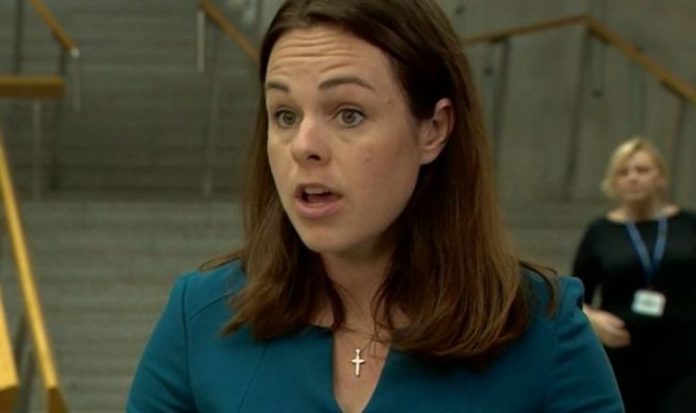The journalist asked: “The UK Government would argue that these figures with a notional deficit of £15 billion with higher spending and a lower tax take are giving a Union dividend of £1900 for every person in Scotland.
“That’s surely too good a deal to give up, isn’t it?”
Ms Forbes shot back: “That’s absurd this year of all years when you see the UK Government deficit rising to £372 billion and debt increasing to £2 trillion.
“Nobody is suggesting that the UK cannot be independent.”
READ MORE: Sturgeon could be forced to change election strategy from indyref 2
She added: “Nobody is suggesting that countless countries around the world that have seen their deficits increase as a result of COVID are suddenly deciding they no longer want to be independent.
“The difference is they’ve got the powers to manage their deficit and we do not.”
The BBC reporter also pointed out the deficit is far higher in Scotland as a percentage of GDP than it is in the UK as a whole.
This year’s figures put Scotland’s public spending deficit at £15.1 billion – £2 billion higher than the previous year.
She continued: “If we had those powers we could, for example, extend the job retention scheme.
“But as it is we are just dependent on the policy choices the UK Government makes.
“And right now that scheme will close in October and the risks to unemployment are huge.
“I much rather we had the powers to extend it to ensure that we support the Scottish economy.”
The new report covers the 2019-20 tax year, which ended on April 5, and so the full economic impact of the coronavirus pandemic is not reflected in the figures.







